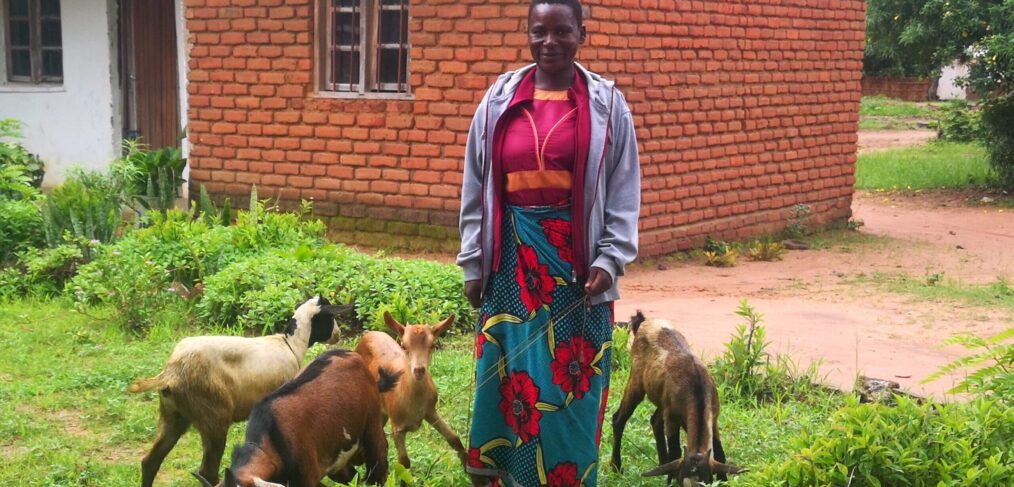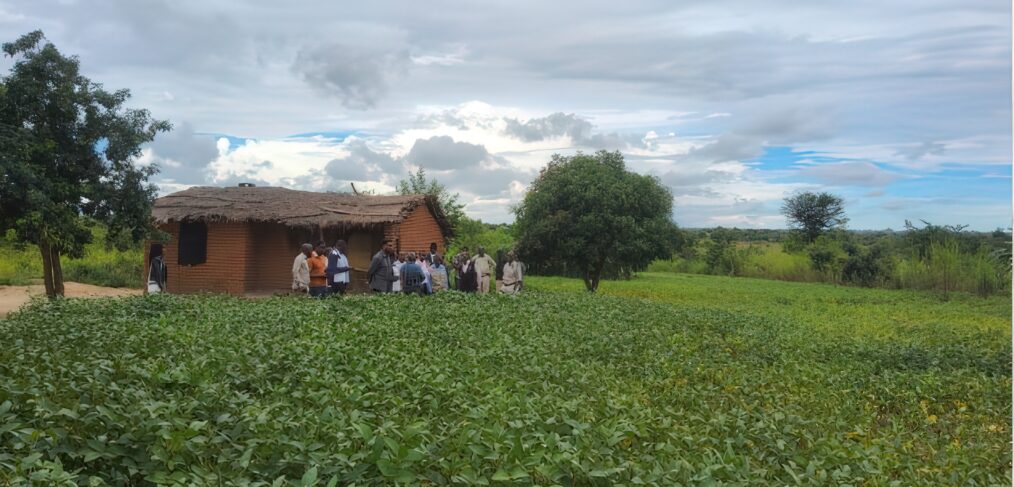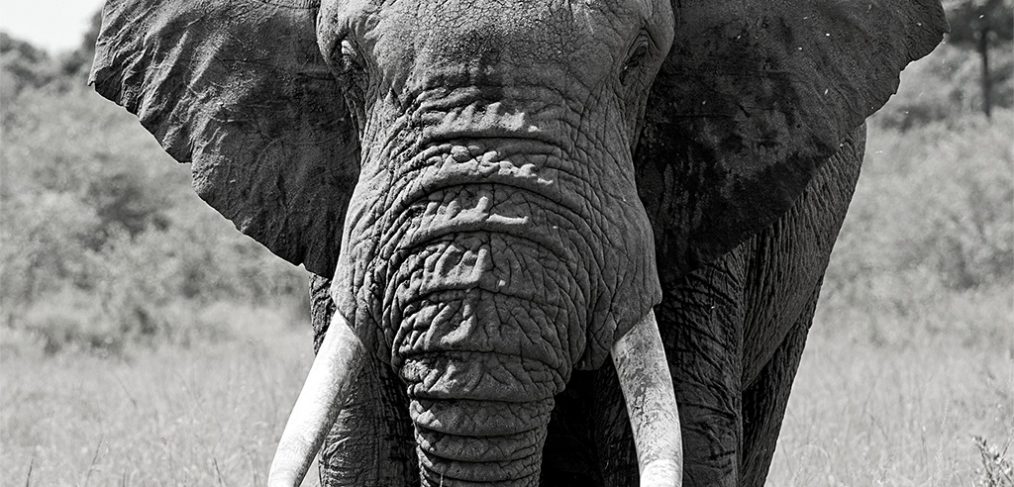Crop farmers living around Kasungu National Park now pay five times as much for a bag of synthetic fertiliser than they did five years ago. COVID-19 and the Russia-Ukraine war packed a combined punch that have left Malawians reeling. Their small fields that used to yield enough to feed the family and pay the bills are no longer productive, as soil fertility declines and rainy seasons shorten due to climate change.
The long-term use of synthetic fertiliser also carries an environmental cost, as it pollutes sources of drinking water and damages soil health. As their environment becomes increasingly hostile to life, desperate people start finding other means of survival. Those near the park will be tempted to hunt or cut down trees illegally, or extend their crop fields into the park by clearing away natural vegetation.



